






5-Star Valuation Services, Loved by Hundreds
Frequently Asked
Questions
No Frequently Asked Questions Found.
These reports are typically retrospective, using the legally required date of value, and are prepared in accordance with recognized professional standards such as USPAP. The objective is to produce a credible, defensible conclusion that fiduciaries, attorneys, and tax professionals can rely upon.
Professional appraisers conduct an in-depth examination that considers several key elements: equipment age, operational condition, accumulated usage hours, specific brand and model characteristics, and current market dynamics. Each factor is carefully weighted to generate an accurate representation of the asset's true worth.
The appraisal process begins with a detailed physical inspection, where experts methodically evaluate the equipment's structural integrity, mechanical functionality, and overall performance potential. Maintenance records play a crucial role, offering insights into the equipment's historical care and potential longevity. Well-maintained machinery typically commands a higher valuation, reflecting the diligence of its previous owners.
Comparative market analysis forms another cornerstone of the appraisal methodology. Appraisers cross-reference the equipment against recent sales of similar machinery, ensuring the valuation reflects current market conditions and industry trends. This approach provides a nuanced, data-driven perspective that goes beyond surface-level assessments.
Different sectors leverage construction equipment appraisals for varied purposes. Contractors use these evaluations to make strategic decisions about equipment acquisition or disposition. Financial institutions rely on precise valuations to assess lending risks and determine appropriate financing terms. Rental companies depend on these assessments for fleet management and insurance purposes.
Ultimately, a construction equipment appraisal represents a complex intersection of technical expertise, market knowledge, and financial analysis. It provides stakeholders with a reliable, objective assessment that supports informed decision-making in an ever-evolving industry landscape.
Detailed digital assessments typically involve clients submitting high-quality photographs and comprehensive equipment specifications. Appraisers carefully analyze these submitted materials, examining equipment condition, age, operational history, and market comparability factors. This method allows for precise evaluation without requiring physical presence.
Interactive online appraisal options have expanded, leveraging video conferencing platforms like Zoom, Google Meet, and Skype. These live sessions enable real-time equipment examination, allowing appraisers to request specific angles, discuss unique features, and conduct thorough visual inspections with clients.
The digital appraisal process offers significant advantages, including dramatically reduced turnaround times and elimination of geographical constraints. Clients can receive professional assessments quickly and conveniently, without scheduling complex in-person meetings or incurring additional travel expenses.
Modern appraisal techniques incorporate advanced technological tools and professional expertise to deliver accurate, reliable equipment valuations. By combining detailed documentation, visual evidence, and professional analysis, online construction equipment appraisals provide comprehensive insights that meet industry standards and client expectations.
Certified general appraisers offer the broadest expertise, holding comprehensive licenses that enable them to assess virtually any type of heavy machinery. Their deep market knowledge allows for nuanced valuations of complex and high-value equipment, making them invaluable for comprehensive assessments.
Licensed equipment appraisers focus specifically on machinery valuation, developing deep expertise in construction equipment like excavators, bulldozers, and cranes. Their specialized knowledge ensures precise evaluations that account for industry-specific factors, regulatory compliance, and detailed condition assessments.
Industrial appraisers bring a strategic perspective, examining equipment within the broader context of manufacturing and construction operations. They excel at understanding how machinery integrates into industrial ecosystems, providing holistic valuations that consider operational capabilities and market positioning.
Cost approach appraisers utilize a methodical replacement value strategy, calculating equipment worth based on reproduction costs and accounting for depreciation. This approach proves particularly effective for new or unique machinery, offering a scientific basis for valuation.
Market approach appraisers leverage comparative sales data, analyzing recent transactions to determine fair market value. By examining factors like age, condition, and brand reputation, they provide insights that reflect current market dynamics and competitive pricing trends.
Auction appraisers specialize in evaluating equipment within the unique context of sales environments. Their expertise in predicting auction performance helps buyers and sellers understand potential market values, drawing from historical sales data and current industry trends.
Selecting the right appraiser depends on specific assessment needs, equipment type, and valuation objectives. Understanding these professional distinctions empowers businesses and individuals to make informed decisions about their construction equipment assets.
Financial decision-makers rely on equipment appraisals to understand the true economic landscape of their assets. By establishing precise market values, companies can make informed choices about equipment maintenance, replacement, and potential divestiture. These evaluations capture nuanced details about depreciation, current market conditions, and potential future value trajectories.
Insurance and risk management represent another crucial dimension of equipment appraisals. Accurate valuations ensure appropriate coverage levels, protecting organizations from potential financial vulnerabilities in case of unexpected equipment loss or damage. This proactive approach mitigates potential economic disruptions and provides a clear framework for claims processes.
Lending institutions and financial partners frequently require professional equipment appraisals when considering financing or leasing arrangements. A comprehensive, objective assessment provides credibility and transparency, potentially securing more favorable lending terms and demonstrating the organization's financial sophistication.
Tax planning and compliance represent additional significant benefits of professional equipment appraisals. Whether addressing charitable donations, estate planning, or annual tax reporting, precise valuations help organizations maximize potential tax advantages while maintaining regulatory adherence.
Strategic asset management emerges as a fundamental outcome of regular equipment appraisals. By tracking equipment value over time, businesses can develop more intelligent procurement strategies, anticipate replacement cycles, and optimize their capital investment approaches.
Ultimately, construction equipment appraisals transcend simple monetary calculations. They represent a holistic tool for financial strategy, risk management, and organizational planning, enabling more sophisticated and informed decision-making across multiple business dimensions.
Everything You Need to Know About Construction Equipment Appraisals for Gift or Estate Tax
When it comes to valuing construction equipment for gift or estate tax purposes, a professional appraisal is essential in ensuring compliance with IRS regulations. The value of construction equipment can fluctuate significantly based on many factors, including age, make, model, and condition. An accurate appraisal provides a fair market value that reflects these differences, which is critical as it establishes the foundation for tax calculations and can influence both the gifting process and the subsequent tax liabilities.
Additionally, understanding how these appraisals work can help property owners and beneficiaries make informed decisions. If the appraised value is significantly higher or lower than expected, it may prompt discussions about the implications for the estate's overall value or allowance for future gifts. Engaging with a qualified appraiser who specializes in construction equipment ensures insights into current market trends and can offer peace of mind during this complex financial process.
Understanding Appraisals: What Are They?
Appraisals serve as an essential tool in determining the fair market value of an asset, including construction equipment. This process involves a comprehensive evaluation of various factors such as the equipment's age, condition, market demand, and comparable sales. Accurate appraisals are crucial, particularly for purposes related to gift or estate tax, as they ensure compliance with regulations and help avoid potential disputes with tax authorities.
In the context of gift or estate tax, construction equipment appraisals require meticulous attention to detail to establish the value at the time of the transfer. Having a qualified appraiser conduct this assessment not only provides a reliable value for taxation purposes but also aids in financial planning for both the giver and the recipient. Understanding the nuances of appraisals can make a significant difference in the overall financial implications of asset transfers, ensuring that all parties involved are treated fairly.
Importance of Appraisals for Gift and Estate Tax
Appraisals play a critical role in accurately determining the value of construction equipment for both gift and estate tax purposes. When transferring ownership of equipment as a gift or including it in an estate, the fair market value must be established to comply with tax regulations. This valuation process ensures that both the giver and receiver understand the financial implications, helping to avoid potential disputes with tax authorities down the line.
Having a professional appraisal is not only essential for compliance but can also reveal the actual worth of the equipment, which may differ from purchase price or depreciation estimates. Factors such as condition, age, market demand, and recent sales of comparable equipment all contribute to determining fair market value. An accurate appraisal provides a clear and concise assessment that can be utilized for tax reporting and personal financial planning.
Moreover, accurate appraisals can aid in assessing any capital gains if the equipment is sold later on, establishing a baseline for taxes owed. By documenting the value of equipment at the time of gifting or during estate settlement, individuals can streamline the process and potentially minimize tax liabilities. Overall, understanding the importance of appraisals in these contexts ensures that individuals are well-prepared to meet their tax obligations while maximizing their financial positions.
Types of Construction Equipment That Can Be Appraised
Construction equipment encompasses a wide range of machines and tools vital to the functioning of construction projects. Among the most commonly appraised items are excavators, bulldozers, backhoes, and cranes, which are essential for heavy lifting and earthmoving tasks. Additionally, specialized equipment like concrete mixers, asphalt pavers, and compactors are also included, as they play significant roles in specific processes such as paving and site preparation. Appraising these types of machinery helps ascertain their current market value and aids in financial planning for estate or gift tax purposes.
Beyond traditional heavy machinery, other types of construction equipment that can be appraised include tools such as generators, scaffolding, and safety equipment. Each of these items contributes to the overall value of a construction business or estate, impacting tax liabilities during a transfer of assets. The appraisal process also considers factors such as the condition, age, and usage history of the equipment, providing an accurate and comprehensive valuation. Understanding the various types of construction equipment eligible for appraisal is crucial for anyone involved in estate planning or tax considerations.
Factors Influencing the Value of Construction Equipment
Several key factors influence the value of construction equipment, and understanding these elements is crucial for accurate appraisals related to gift or estate tax. The equipment's age and condition play a significant role, as newer and well-maintained machines tend to fetch higher prices. Additionally, brand reputation can also impact value; popular brands known for durability and reliability often retain their worth better over time. Furthermore, any enhancements or modifications made to the equipment can increase its market value, as long as they contribute positively to its functionality.
The method of acquisition is another consideration affecting the value of construction equipment. If the equipment was purchased outright, its value may differ compared to a lease or financing arrangement. Furthermore, the current market demand for specific types of machinery—like excavators, bulldozers, or cranes—can fluctuate based on regional construction activity. A strong demand in a particular area can elevate prices, whereas an oversaturated market could lead to decreased valuations.
Finally, market trends and economic conditions will also impact appraisals of construction equipment. Economic growth often stimulates demand for construction machinery, driving up values, while economic downturns can have the opposite effect. Other factors, such as technological advancements and the introduction of new models, can also influence the perceived value of older equipment. In the context of gift or estate tax, being aware of these factors ensures more accurate appraisals and compliance with tax regulations.
The Role of a Qualified Appraiser in Construction Equipment Valuation
A qualified appraiser plays a crucial role in the valuation of construction equipment, particularly when it comes to determining fair market value for gift or estate tax purposes. These professionals possess a deep understanding of the equipment's condition, age, and specialized features, which are essential components in evaluating its worth. By utilizing their expertise, appraisers ensure that the valuation aligns with current market trends and industry standards, which is vital for compliance with tax regulations.
In addition to assessing physical attributes, a qualified appraiser also considers economic factors that may influence the equipment's value. This includes analyzing the demand for specific types of machinery in the construction sector, the impact of technological advancements, and economic indicators that might affect the broader market. Such comprehensive evaluations help in providing a nuanced understanding of the equipment's worth, which can be significantly beneficial during estate planning or gifting strategies.
One of the key benefits of engaging a qualified appraiser is their ability to provide a well-documented appraisal report. This report is not only essential for substantiating the value of the equipment to taxing authorities but also serves as an important guideline for potential buyers or heirs. A professional appraisal can mitigate disputes over valuations, ensuring that the gifting or estate process proceeds smoothly and in accordance with legal requirements.
Common Methods of Valuation for Construction Equipment
When it comes to valuing construction equipment for gift or estate tax purposes, several common methods can be employed. The cost approach is one of the most straightforward methods, where the appraiser calculates the cost to replace the equipment, factoring in depreciation to arrive at the current market value. This method is particularly useful for newer equipment or specialized machinery where market data might be scarce.
Another prevalent method is the sales comparison approach, which involves analyzing recent sales of similar equipment within the market. This approach provides insights into what buyers are willing to pay, helping to establish a fair market value based on actual transactions. Appraisers often adjust the sales data to account for differences in condition, age, and capabilities, creating a more accurate valuation.
Lastly, the income approach can be considered for certain pieces of construction equipment that generate income, like rental machinery. This method evaluates the expected future income that the equipment will produce and discounts it back to a present value. While less common for general appraisals, this method can be especially relevant for businesses that rely on income generation from their machinery, providing a comprehensive understanding of the asset's worth.
Documentation Required for Construction Equipment Appraisals
When preparing for a construction equipment appraisal, collecting the right documentation is crucial to ensure an accurate and credible valuation. Essential documents include the original purchase invoice, any maintenance records, and the current condition reports of the equipment. Additionally, gathering information about the equipment’s make, model, year of manufacture, and hours of operation can provide appraisers with valuable context to inform their assessments.
It is also beneficial to include any modifications or upgrades that have been made to the equipment over time. These changes can significantly impact its value, and detailed records will help the appraiser take these factors into account. Photographic documentation illustrating the equipment’s condition can also enhance the appraisal process by offering visual evidence of its state at the time of valuation.
Lastly, it’s important to provide details regarding the equipment's usage history, including information about job sites or projects it has been involved in. This background can help appraisers evaluate depreciation rates and market demand, which are essential for a comprehensive appraisal. By compiling these documents, clients can facilitate a smoother appraisal process, leading to a more accurate and fair valuation for gift or estate tax purposes.
How to Prepare for an Appraisal of Construction Equipment
Preparing for an appraisal of construction equipment involves understanding the key components that appraisers consider when determining value. Start by gathering all relevant documentation, including purchase receipts, maintenance records, and any modifications made to the equipment. This information helps the appraiser assess the equipment's condition, features, and market value, providing a comprehensive overview essential for an accurate appraisal.
It's also important to clean and maintain the equipment before the appraisal appointment. A well-presented piece of equipment not only reflects its condition but can also positively impact its perceived value. Highlight any special features or recent upgrades that may enhance the equipment's worth, ensuring the appraiser recognizes its full potential during the assessment.
Finally, familiarize yourself with the current market trends for construction equipment. Understanding the fluctuations in demand or sales data for similar equipment can provide valuable context for your appraisal. By being informed about market conditions, you can better articulate the value of your equipment and engage in meaningful discussions with the appraiser, ultimately leading to a more favorable outcome.
Tax Implications of Underreporting or Overreporting Values
Understanding the tax implications of underreporting or overreporting the value of construction equipment is crucial for both gift and estate tax scenarios. The Internal Revenue Service (IRS) mandates accurate valuations to prevent tax avoidance, and discrepancies can lead to significant penalties. If the value is underreported, taxpayers may face interest and penalties on the unpaid taxes, which can accumulate rapidly, causing financial strain. Conversely, overreporting may result in unnecessary tax burdens that can affect cash flow and long-term financial planning.
In the realm of appraisals, providing an accurate and well-supported value for construction equipment is vital for compliance and to mitigate risks. A qualified appraiser can help ascertain the fair market value, taking into account factors such as condition, age, and market demand. Accurate appraisals not only serve to fulfill tax obligations but can also provide valuable insights for future financial decisions related to asset management, ensuring that the true worth of the equipment is recognized in both gift and estate documentation.
Understanding the Appraisal Process: Step-by-Step Guide
The appraisal process for construction equipment intended for gift or estate tax purposes involves several critical steps to ensure an accurate valuation. First, the appraiser will conduct a thorough inspection of the equipment, taking note of its make, model, year, and overall condition. This physical assessment is crucial, as it helps identify any repairs needed or features that may enhance the value, such as additional attachments or upgrades. Gathering all relevant information at this stage sets a solid foundation for a reliable assessment.
After the initial inspection, the appraiser will research market data to benchmark the equipment against similar items that have recently sold or been leased. This comparative analysis includes considering factors such as current market demand, economic conditions, and regional differences that can affect value. The goal is to establish a fair market value that reflects what a willing buyer would pay and a willing seller would accept in an open market setting, thus ensuring compliance with IRS regulations on gift and estate tax valuations.
Following the market analysis, the appraiser compiles a comprehensive appraisal report detailing their findings and the applied methodologies. This report not only serves as documentation for tax purposes but can also be instrumental in navigating potential disputes regarding valuations. Understanding these steps helps both donors and beneficiaries recognize the importance of accurate appraisals in the context of construction equipment transfer, fostering transparency and trust in the transaction process.
Frequently Asked Questions About Construction Equipment Appraisals for Gift or Estate Tax
When it comes to construction equipment appraisals for gift or estate tax purposes, many individuals find themselves with several questions regarding the process and requirements. One common inquiry centers around the appropriate timing of the appraisal. Generally, it's advisable to have an appraisal conducted close to the date of the gift or the date of death to ensure the value reflects the current market conditions, as equipment values can fluctuate significantly over time.
Another frequent question pertains to the qualifications of appraisers themselves. It is essential to engage a certified and accredited appraiser who specializes in construction equipment to ensure an accurate and authoritative assessment. These professionals employ various methods, such as comparable sales analysis and cost approach, to derive a fair market value that meets IRS standards and provides peace of mind during tax reporting.
Lastly, individuals often wonder about the implications of an appraisal on estate planning and tax obligations. Having a well-documented appraisal can aid in accurately reporting asset value, potentially reducing tax liabilities and streamlining the transfer process. Moreover, it provides a transparent record that can be beneficial for heirs and beneficiaries, helping to avoid disputes and misunderstandings regarding the value of inherited equipment.
View all Locations
APPRAISEITNOW APPRAISERS ARE BEST-IN-CLASS & CREDENTIALED BY LEADING APPRAISAL ORGANIZATIONS LIKE THE ISA, ASA, & MORE.






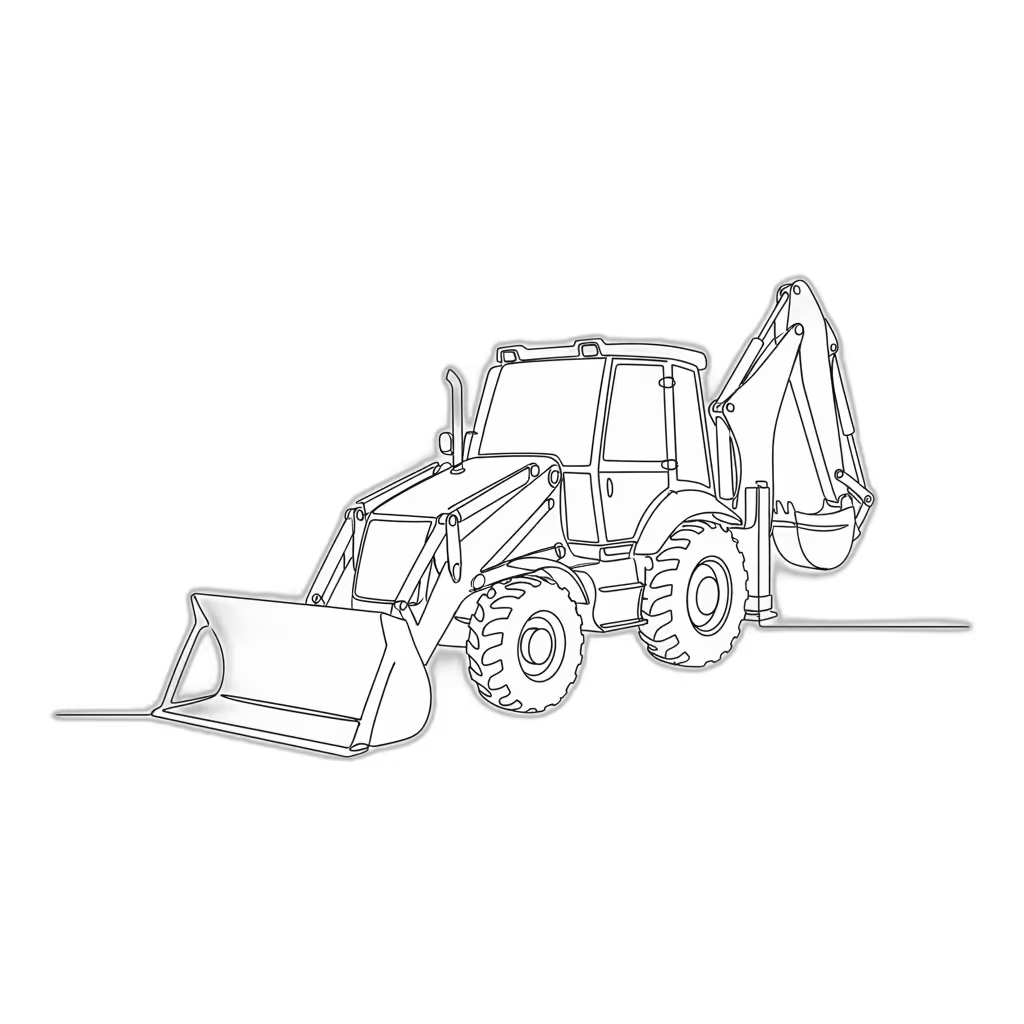
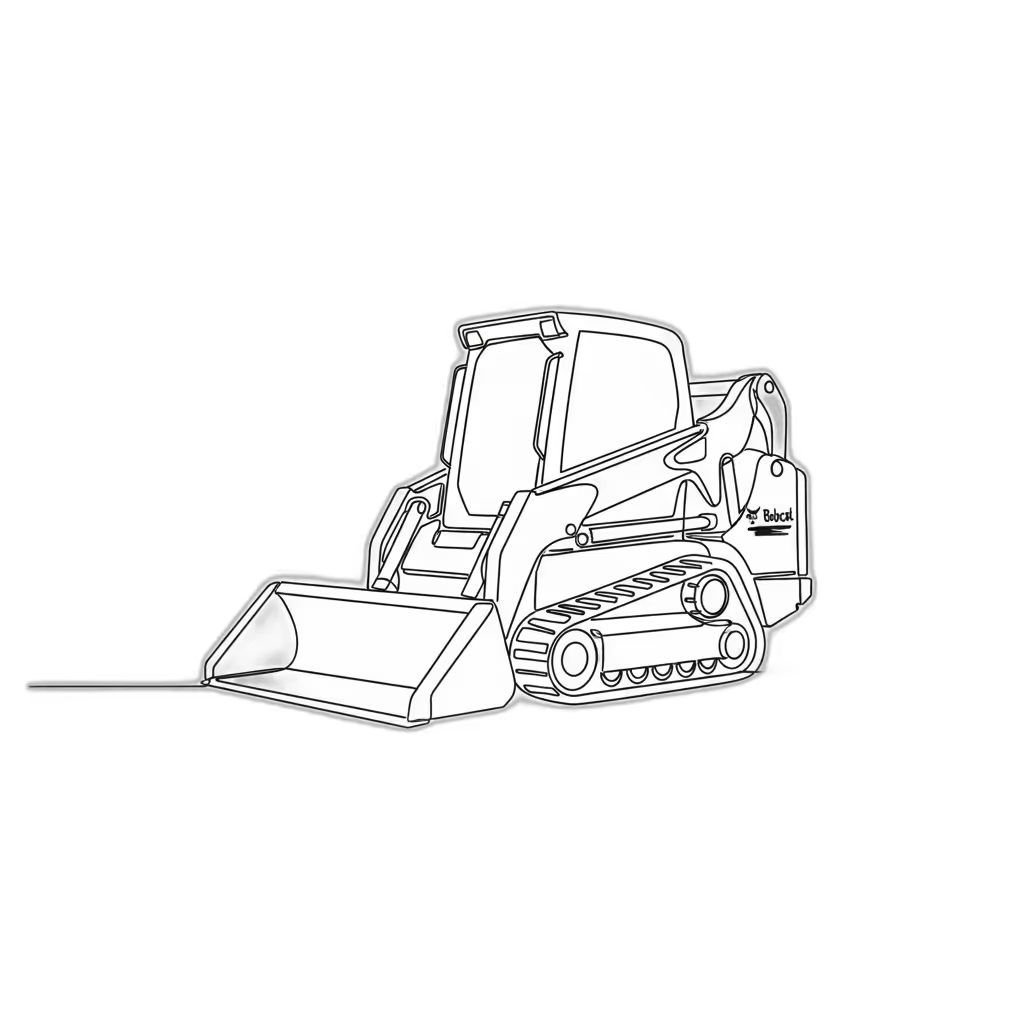
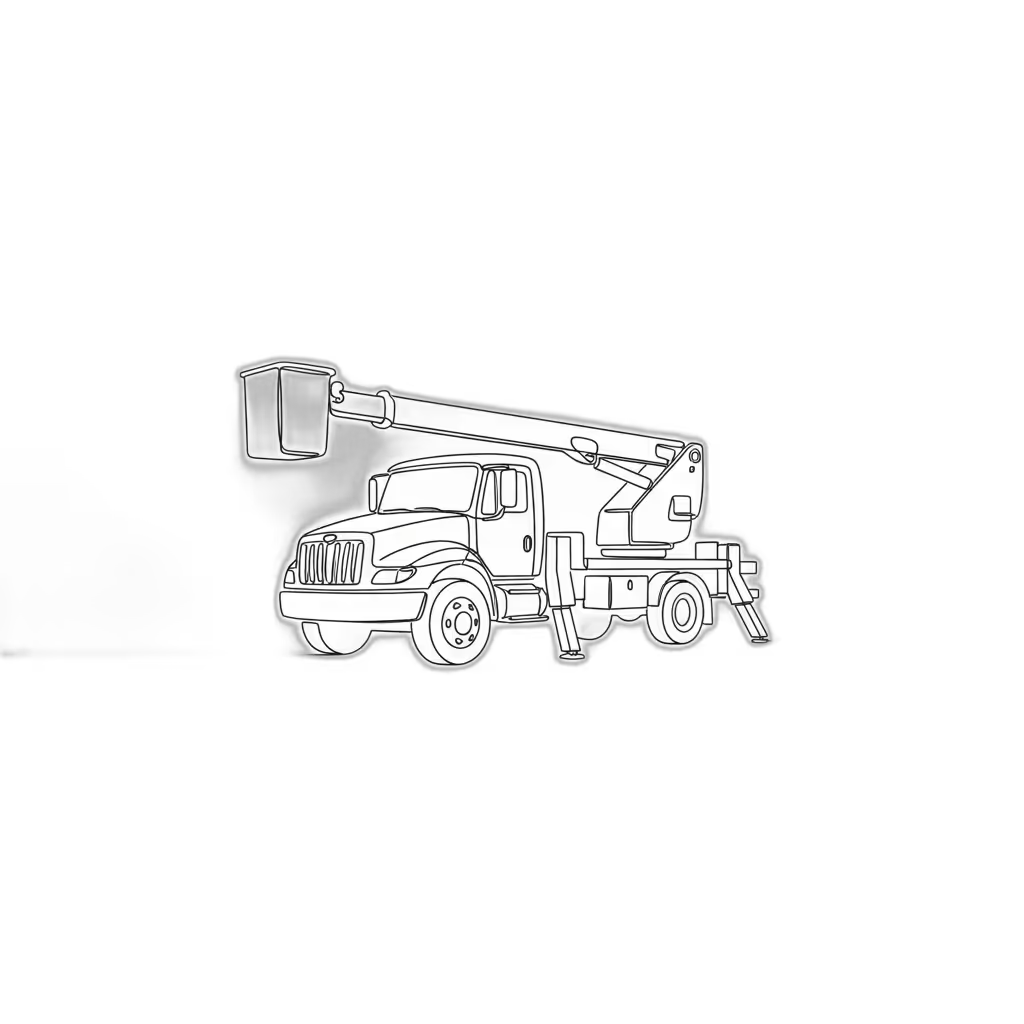
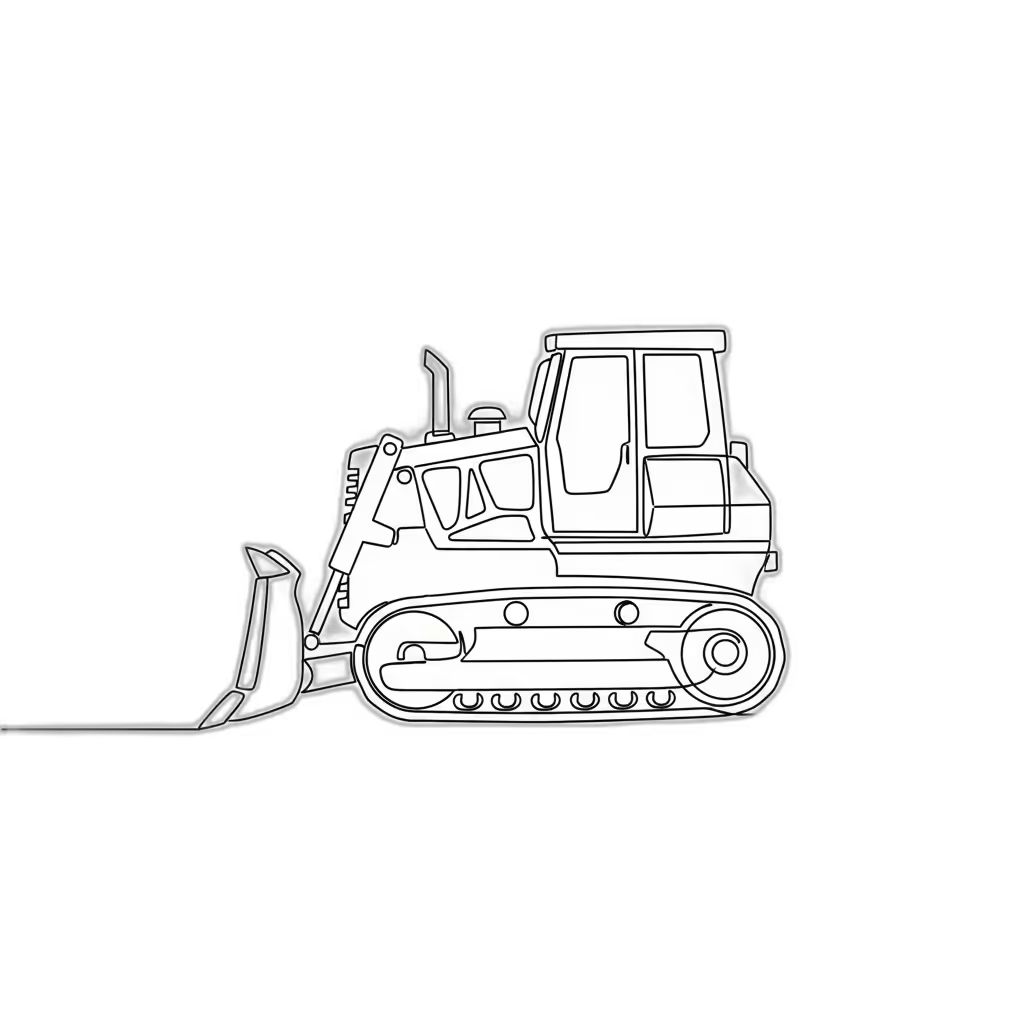
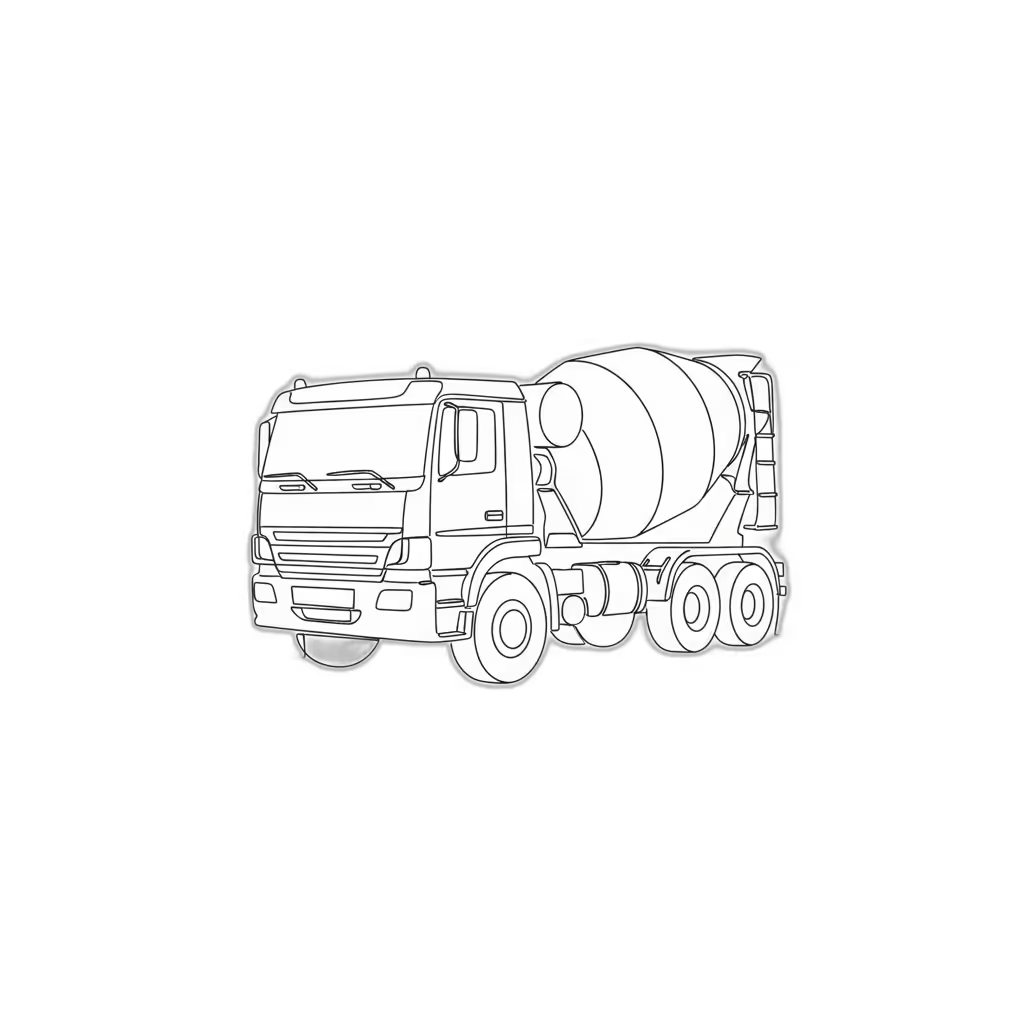


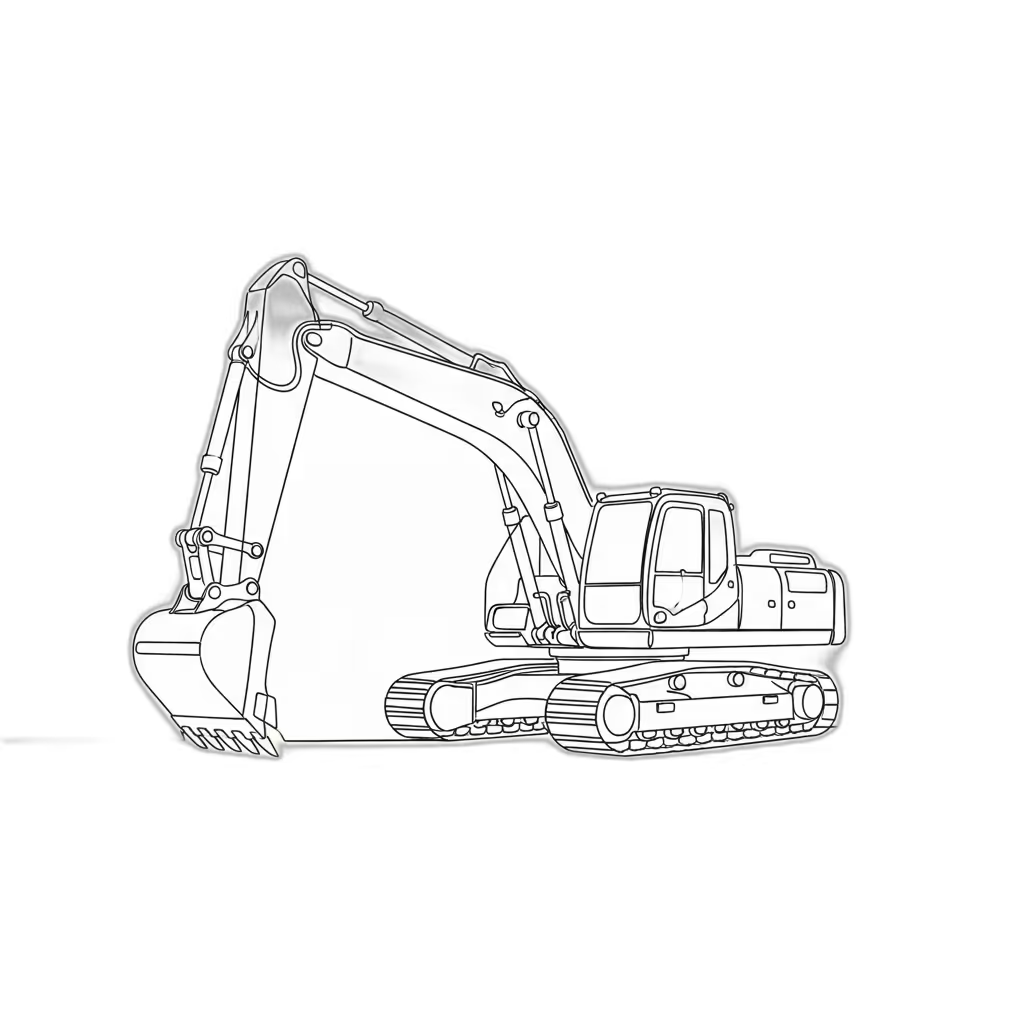
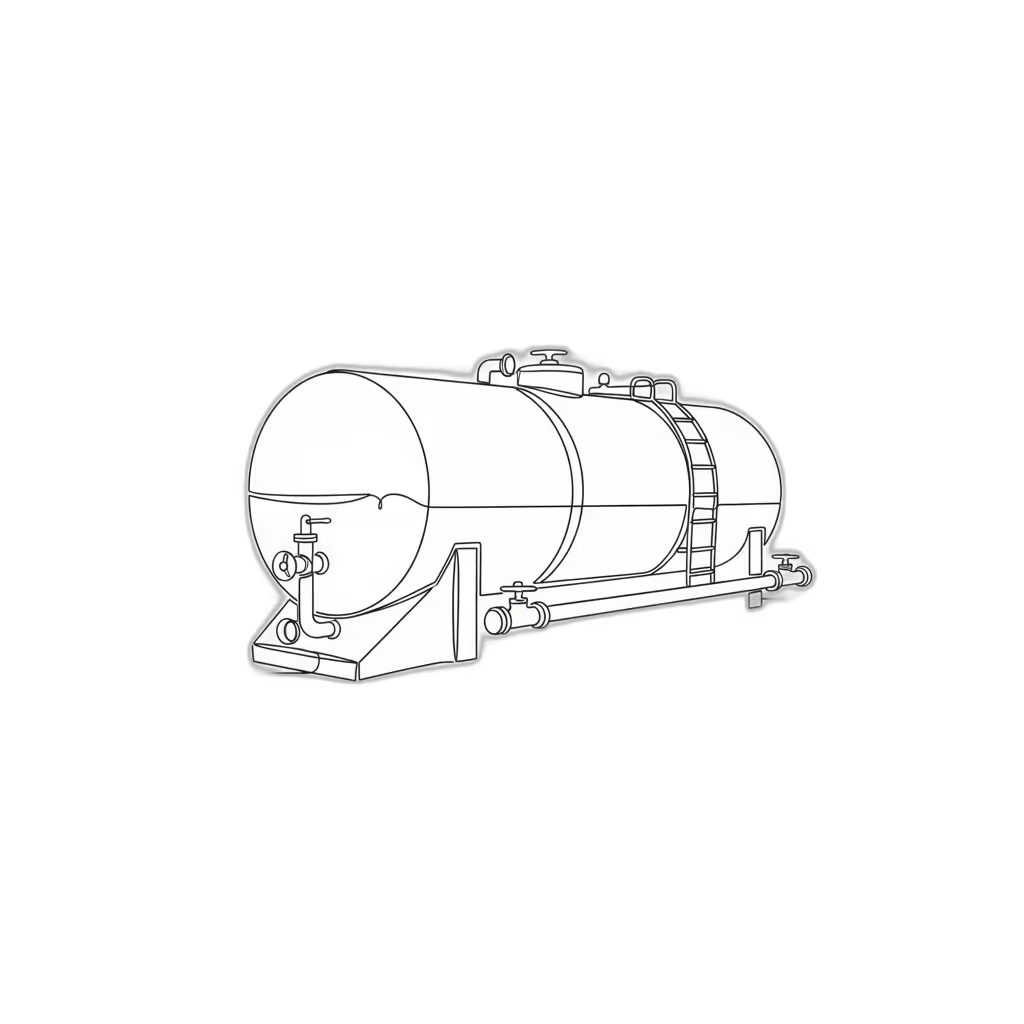
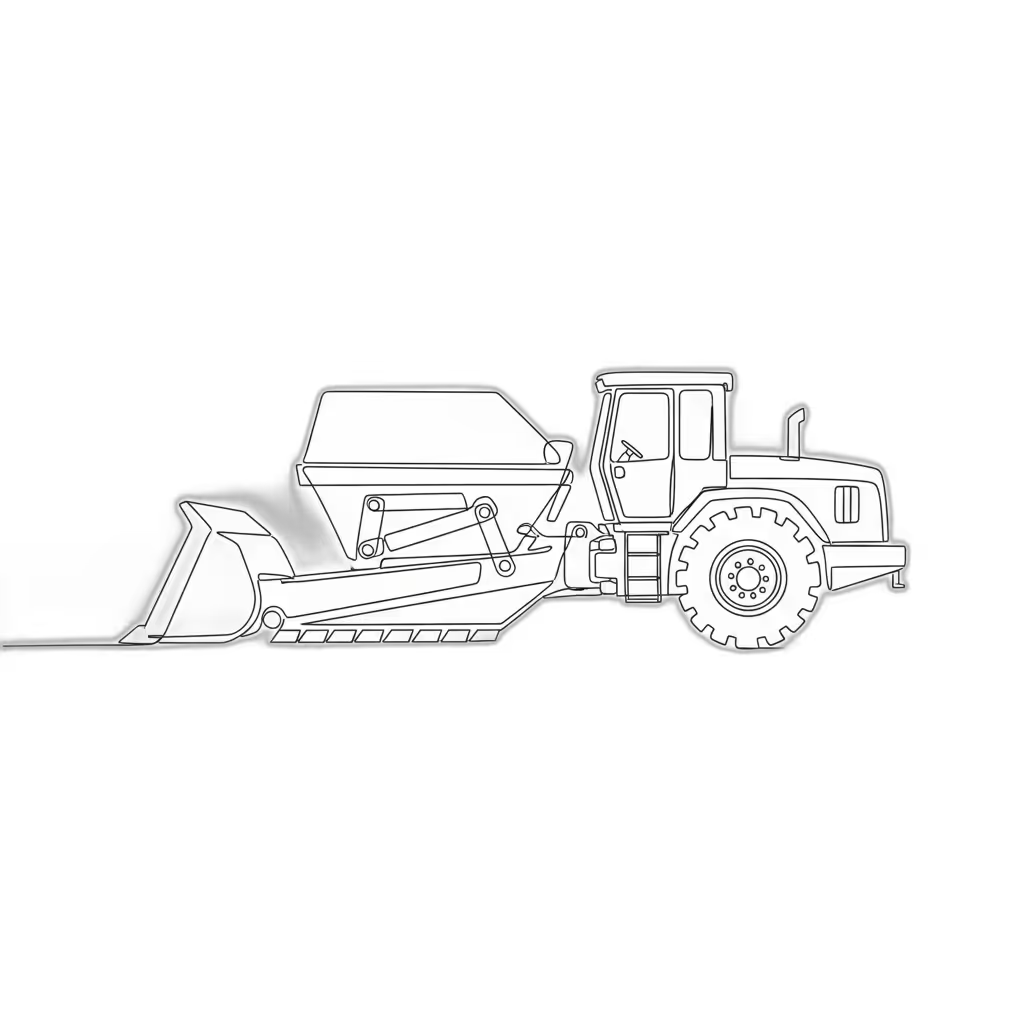
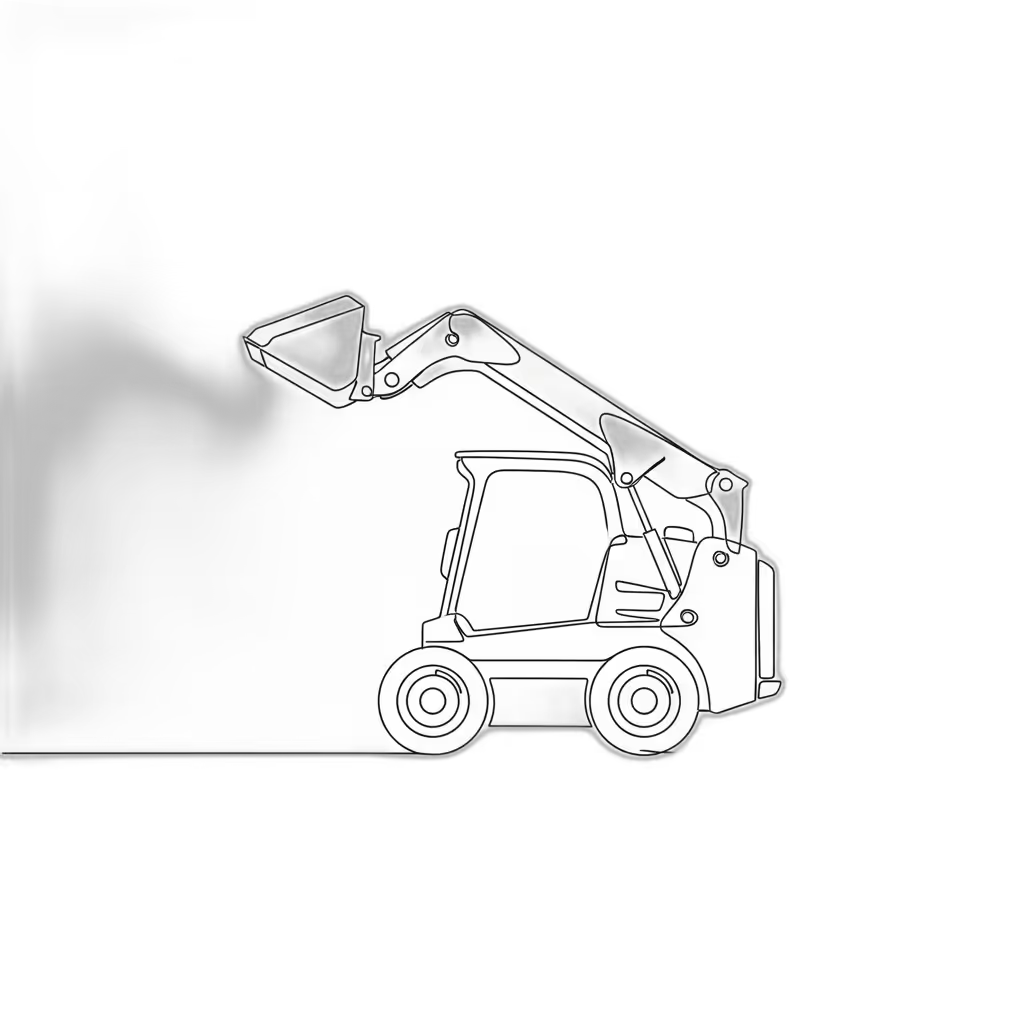

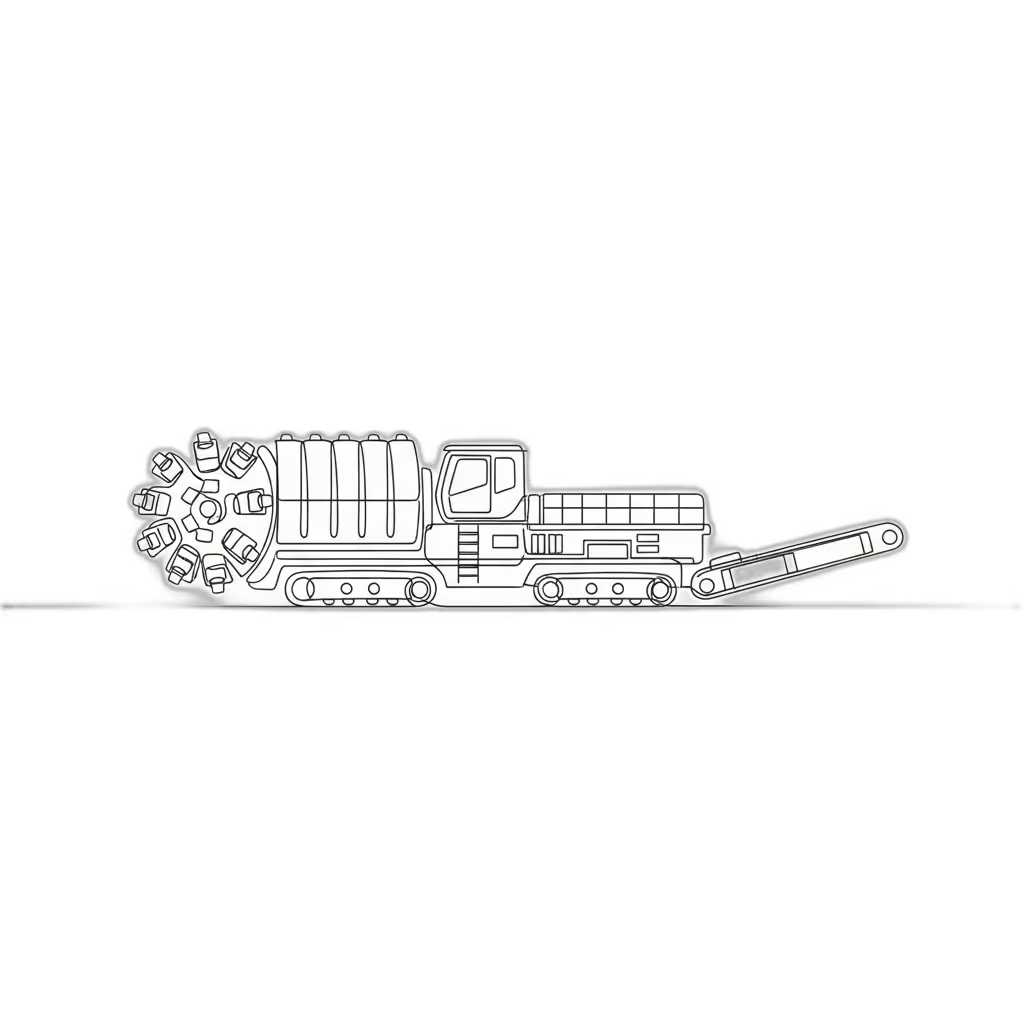
.svg)










